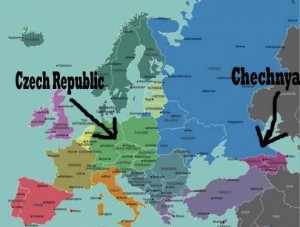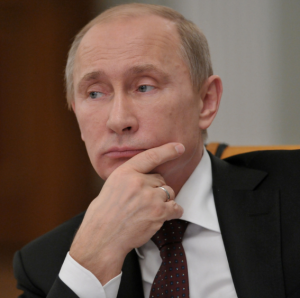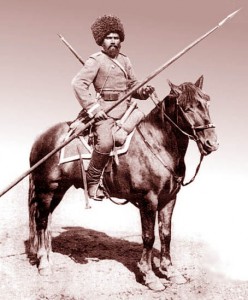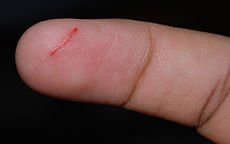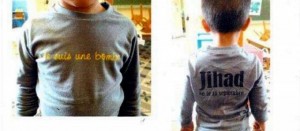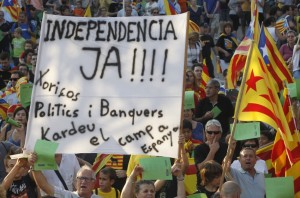 If you see beer being poured over someone’s feet, what would be your reaction? In Thailand, this is disparaging action and part of a protest against a prominent beer brand, Singha. It’s not a protest concerning the quality of the product – Singha is a well-known brand. It concerns comments from Chitpas Bhirombhakdi, 28, the Singha beer heiress who was quoted last month in a widely circulated article saying that many Thais lack a “true understanding” of democracy, “especially in the rural areas.” This comes from a NY Times article published this week-end. She was reacting to the continued support for the current government, Prime Minister Yingluck Shinawatra, brother of former leader Thaksin Shinawatra, from Thais in the poor, rural areas of the country. The Singha heiress is part of the group trying to oust the Prime Minister. In contrast to what one normally expects from protests – namely a call for more democracy, the rich and powerful in Thailand are calling for less democracy, “The demonstrators want a hiatus from democracy, replacing it with rule by a ‘people’s council’ selected from various professions in the country. Many say they yearn for a return to the absolute monarchy because Thailand is not ready for democracy.”
If you see beer being poured over someone’s feet, what would be your reaction? In Thailand, this is disparaging action and part of a protest against a prominent beer brand, Singha. It’s not a protest concerning the quality of the product – Singha is a well-known brand. It concerns comments from Chitpas Bhirombhakdi, 28, the Singha beer heiress who was quoted last month in a widely circulated article saying that many Thais lack a “true understanding” of democracy, “especially in the rural areas.” This comes from a NY Times article published this week-end. She was reacting to the continued support for the current government, Prime Minister Yingluck Shinawatra, brother of former leader Thaksin Shinawatra, from Thais in the poor, rural areas of the country. The Singha heiress is part of the group trying to oust the Prime Minister. In contrast to what one normally expects from protests – namely a call for more democracy, the rich and powerful in Thailand are calling for less democracy, “The demonstrators want a hiatus from democracy, replacing it with rule by a ‘people’s council’ selected from various professions in the country. Many say they yearn for a return to the absolute monarchy because Thailand is not ready for democracy.”
The Thai protest against the government is reminiscent of last year’s action in Egypt, ousting a legally and democratically elected leader, President Mohamed Morsi. Of course, the situation in Thailand and Egypt are quite different, but they do point to a worrisome trend, away from changing leaders through elections, and instead forcing them out through a military coup or other actions.





